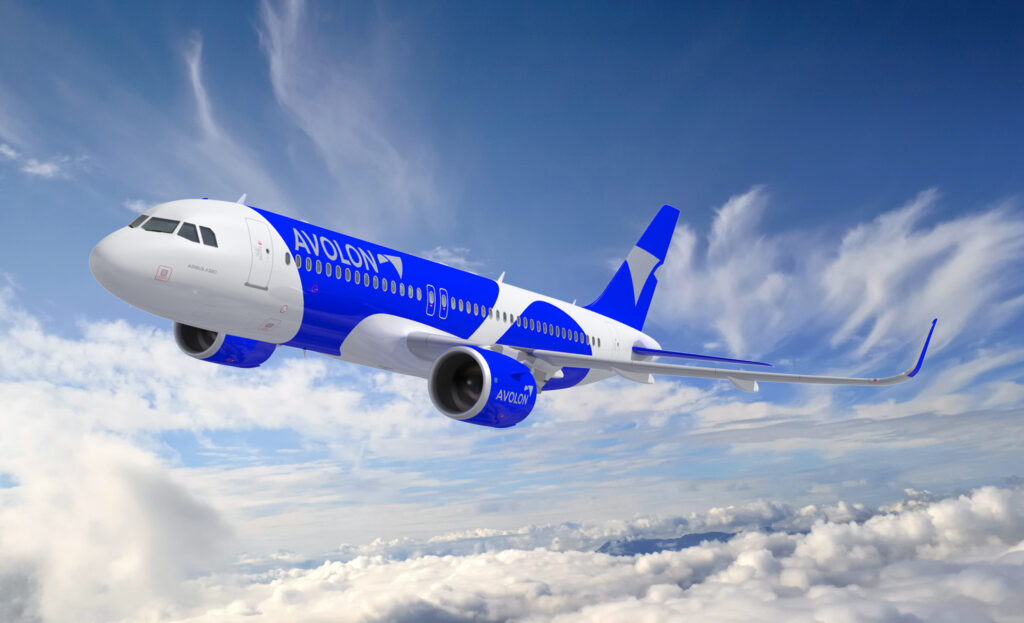Romiya Das
The aviation industry continues to evolve rapidly, driven by an unrelenting demand for greater efficiency, sustainability, and advanced technology. In this dynamic global environment, Avolon, one of the world’s foremost aircraft leasing companies, has made a consequential move that reinforces its commitment to progress and environmental responsibility. The company’s recent announcement from Dubai, confirming a firm order for 100 CFM LEAP-1A engines to power 50 Airbus A320neo family aircraft, underscores Avolon’s strategic alignment with the long-term objectives of reducing emissions and enhancing operational economics for its airline clients. This decision is not merely a transactional business development; rather, it embodies a broader vision rooted in innovation, partnership, and sustainability.
At the heart of the announcement lies Avolon’s enduring relationship with CFM International, a joint venture between GE Aerospace and Safran Aircraft Engines, whose advanced propulsion systems have become synonymous with efficiency and reliability. Avolon’s engagement with CFM dates back to 2010, marking over a decade of collaboration built on mutual trust and technological excellence. With 99 A320neo family aircraft already managed under Avolon’s fleet that are powered by LEAP-1A engines, and a further 163 such aircraft on firm order, the current transaction reaffirms the leasing company’s confidence in CFM’s capability to deliver engines that meet the operational demands and sustainability requirements of the next decade.
According to Avolon’s Chief Executive Officer, Andy Cronin, this partnership forms an integral part of the company’s strategy to reduce its environmental footprint while responding to the evolving needs of its airline customers. The air travel industry faces increasing pressure to decarbonize, and leasing companies like Avolon play a pivotal role in enabling airlines to transition to greener fleets. By committing to the LEAP-1A engine, Avolon ensures that its clients gain access to propulsion technology that significantly reduces fuel consumption and emissions. The LEAP engine program is renowned for delivering approximately 15% greater fuel efficiency and an equivalent reduction in carbon emissions compared to its previous-generation predecessor, the CFM56. Such advancements are enabled by pioneering technologies, including composite fan blades, ceramic matrix composites, and advanced health-monitoring systems, which enhance both performance and reliability.
The significance of CFM International’s achievement extends beyond its technical specifications. The LEAP engine family represents the fastest production ramp-up in the history of commercial aviation, with more than 4,000 engines delivered to date. This milestone reflects not only the global scale of CFM’s operations but also the aviation industry’s confidence in the company’s ability to deliver dependable performance at a time when the demand for narrowbody aircraft continues to grow. In an era defined by fluctuating fuel prices and intensifying environmental regulations, the LEAP engine’s design—focused on lower lifecycle costs, better operational efficiency, and increased time-on-wing—offers airlines and lessors a competitive advantage that aligns with their business and sustainability objectives.
From CFM International’s perspective, as articulated by Gaël Méheust, President and CEO of the company, Avolon’s order underscores the depth of a partnership founded on shared values and technological ambition. CFM’s central mission—to equip airlines with engines that deliver unparalleled efficiency, reliability, and environmental performance—finds tangible expression in Avolon’s latest procurement decision. The collaboration also highlights the interdependence between the manufacturing and leasing sectors in shaping aviation’s future. While engine manufacturers innovate to push the boundaries of engineering, lessors like Avolon mediate access to this technology through flexible, capital-efficient leasing models, enabling carriers worldwide to modernize their fleets without prohibitive upfront investment.
Indeed, Avolon’s role in the aviation financing ecosystem cannot be understated. As of September 30, 2025, the company manages an extensive and diversified portfolio of 1,159 aircraft, serving 141 airlines across 62 countries. This global footprint provides Avolon with a unique vantage point to assess and respond to the structural changes sweeping the commercial aviation industry. By balancing fleet expansion, customer demand, and financial prudence, Avolon demonstrates an ability to sustain long-term growth while maintaining a strong balance sheet. Such discipline is vital in an industry that is capital-intensive and highly cyclical. The decision to invest further in LEAP-powered A320neo aircraft is consistent with Avolon’s reputation for strategic foresight and operational agility.

On a broader scale, this transaction also symbolizes the industry’s incremental yet resolute progress toward a lower-emission future. While technological innovation remains the principal driver of efficiency gains, the collective choices of market participants—manufacturers, lessors, and airlines—serve as the real catalyst for transformation. Avolon’s decision reflects confidence not only in the LEAP engine but also in the future viability of the narrowbody aircraft segment, which remains the backbone of global air travel. As airlines recalibrate their fleets for post-pandemic recovery and long-term sustainability, demand for aircraft that combine economic performance with environmental responsibility is set to accelerate. In this context, Avolon’s order positions it favourably to meet the next wave of demand through 2030 and beyond.
Avolon’s firm order for 100 CFM LEAP-1A engines is emblematic of both corporate prudence and visionary outlook. It reinforces the role of aircraft lessors as crucial enablers of technological adoption and environmental improvement across the aviation sector. By deepening its ties with CFM International, Avolon affirms a shared commitment to advancing efficiency, reliability, and sustainability—a triad that will define aviation’s progress in the decades to come. As the industry continues to navigate economic uncertainties and regulatory shifts, such strategic alliances will be indispensable in shaping a more resilient and environmentally conscious aviation future.


